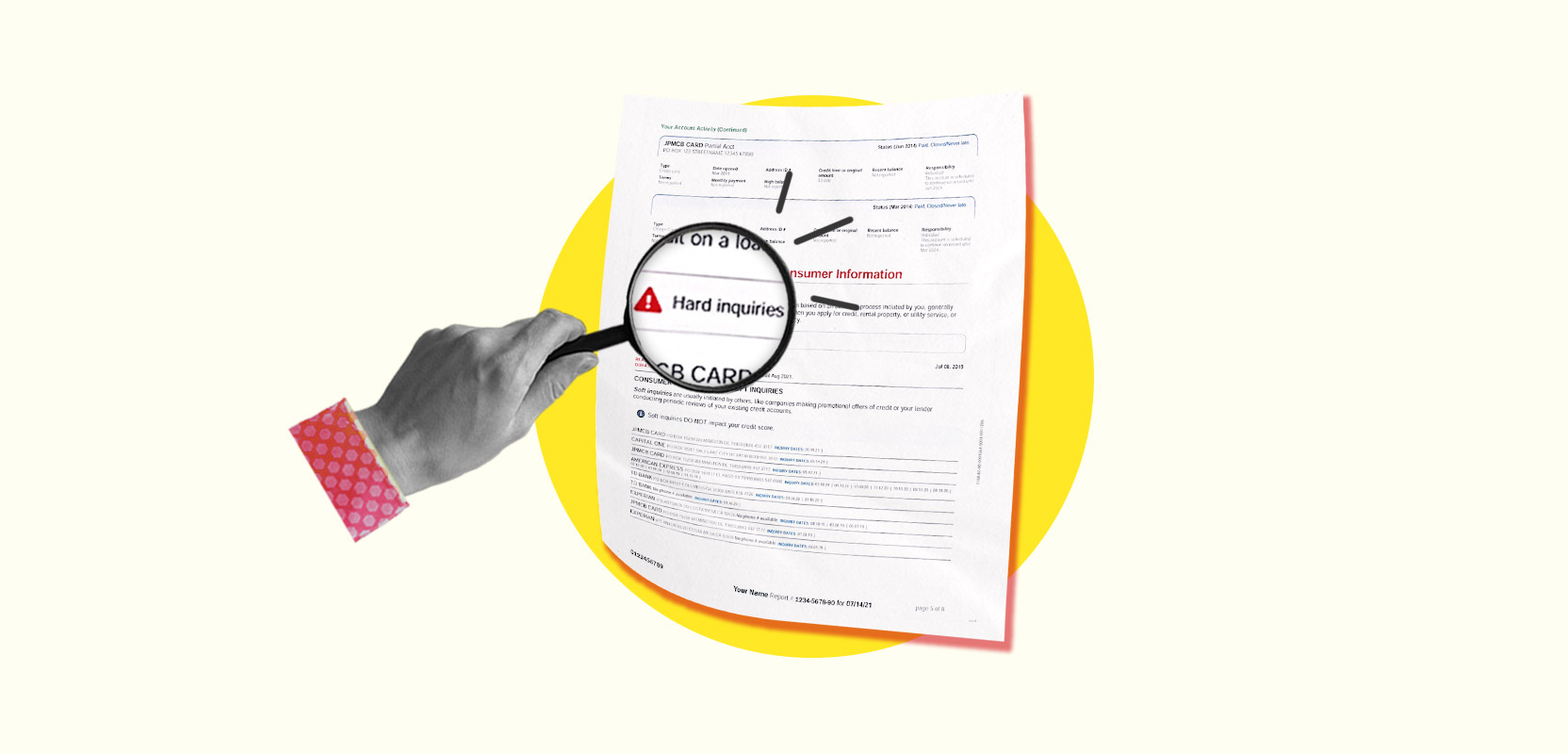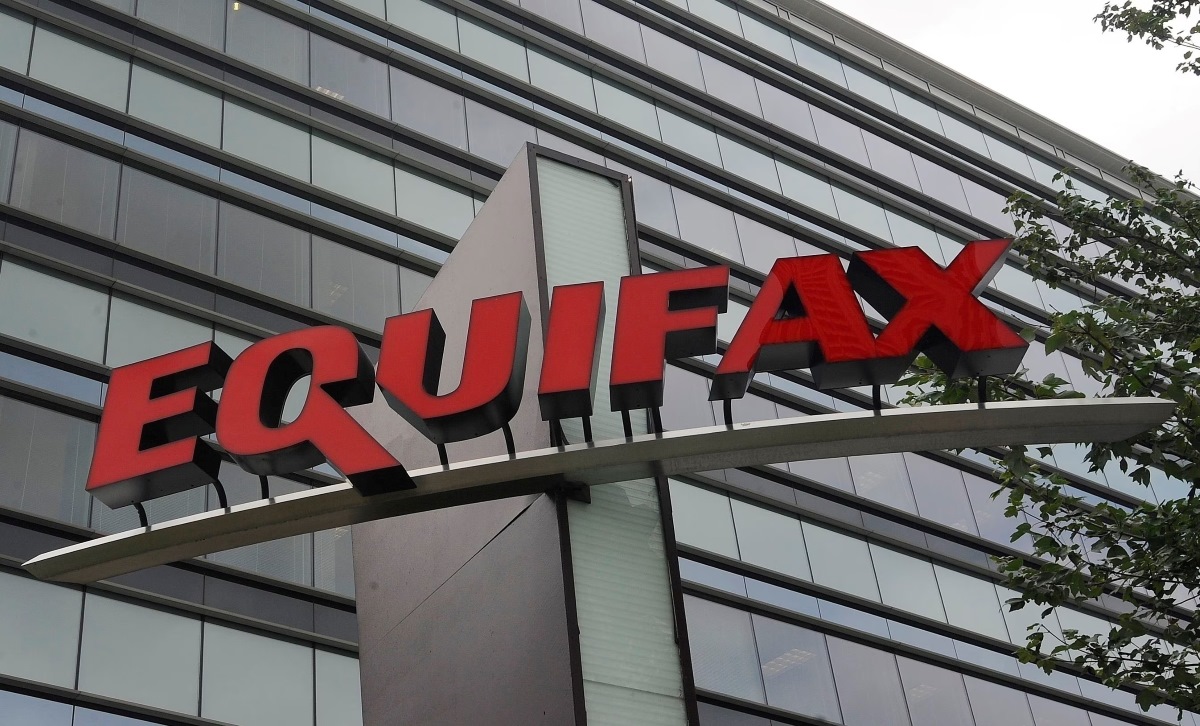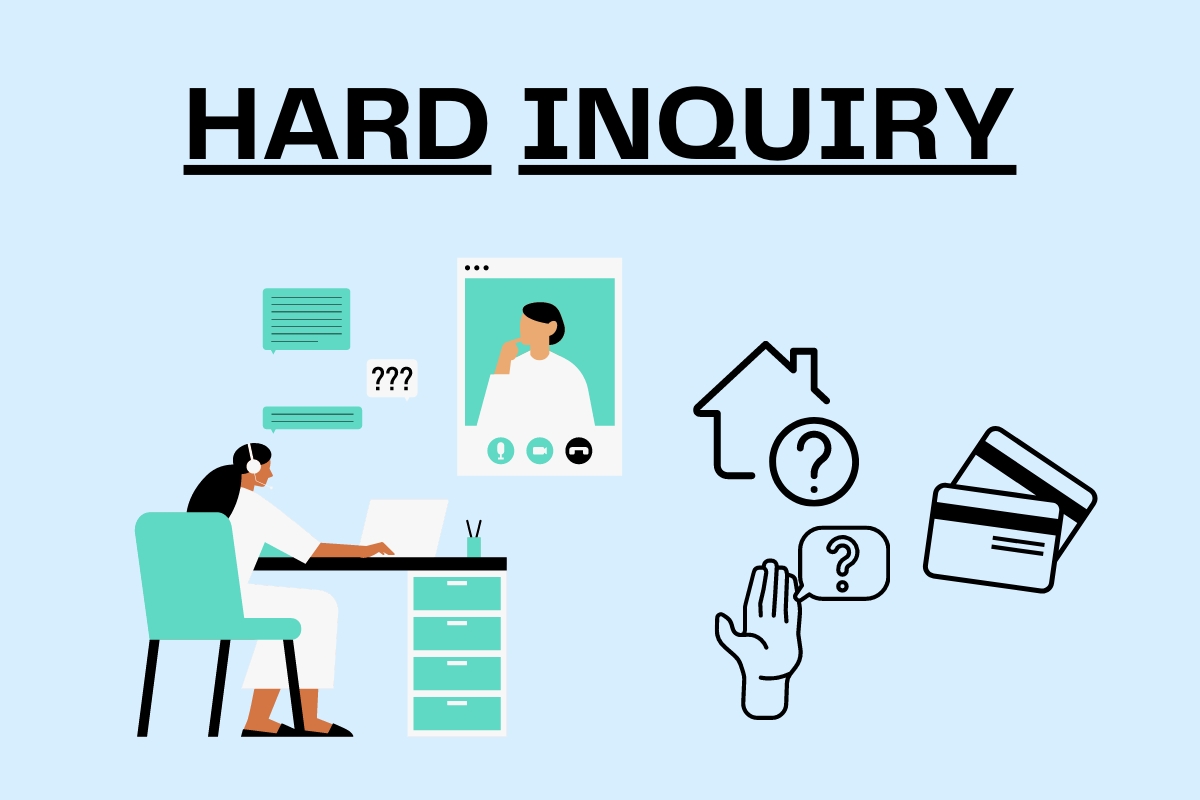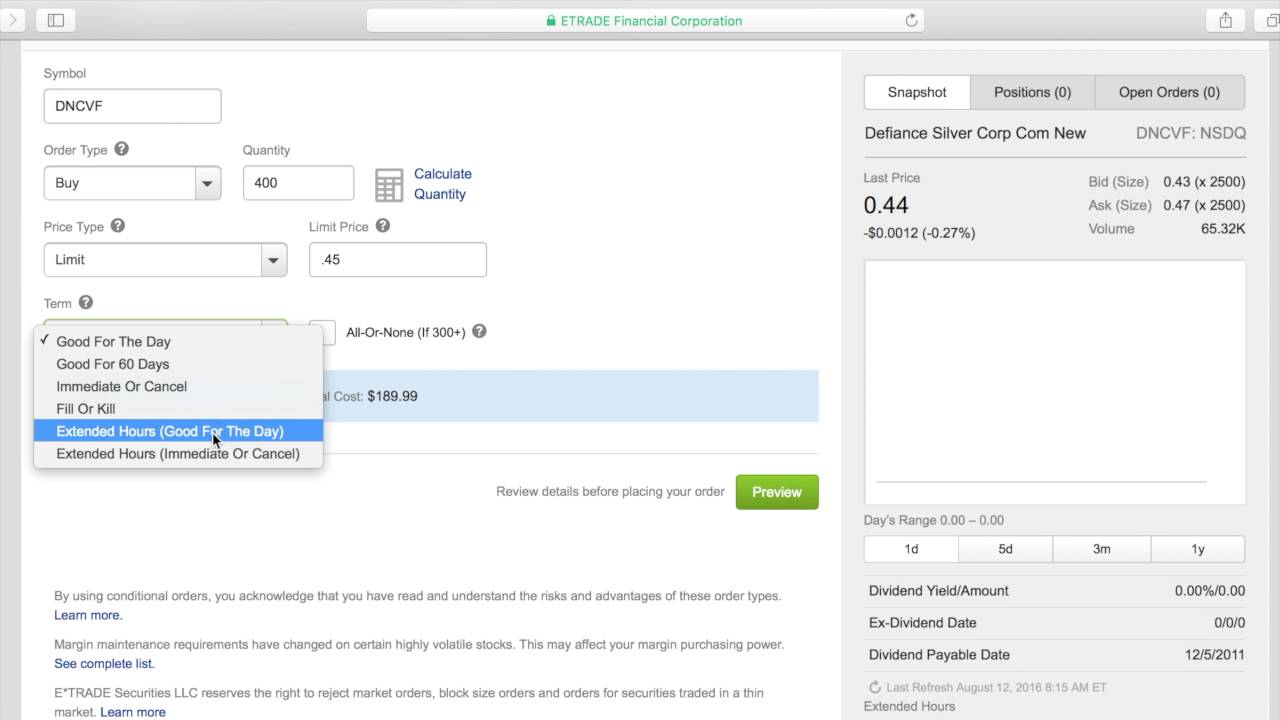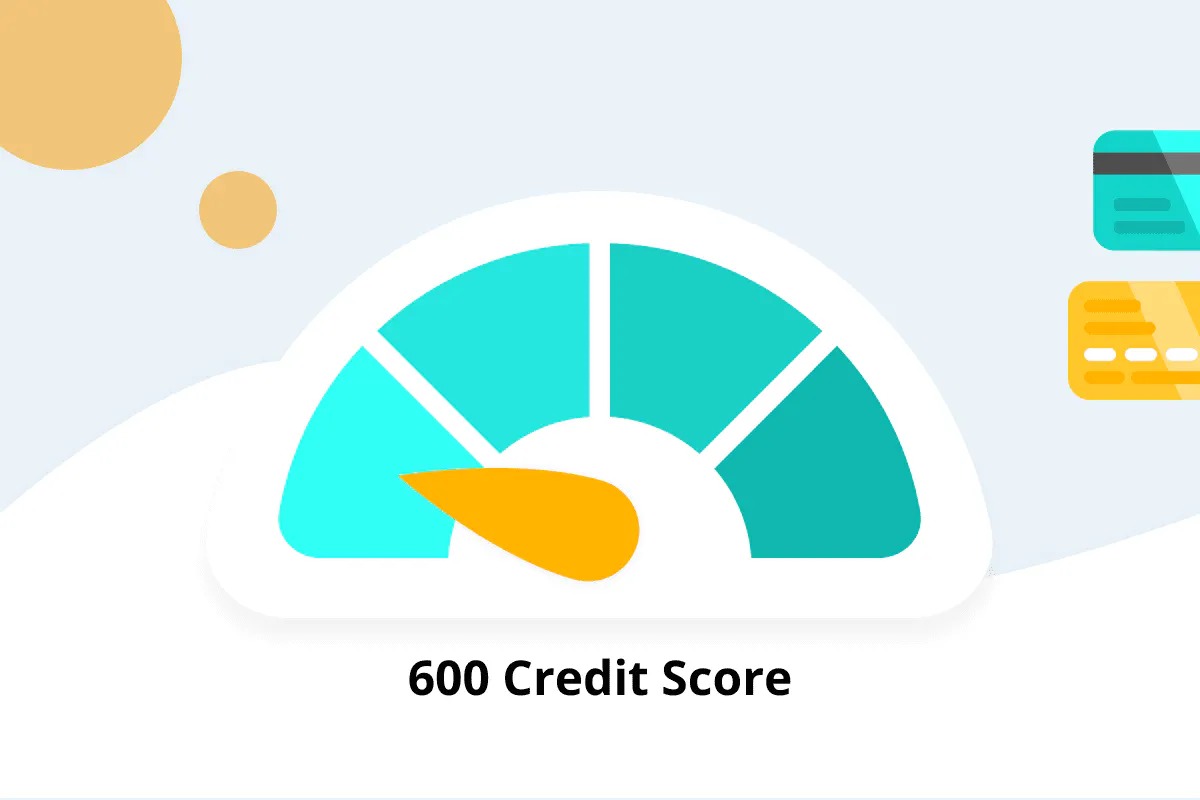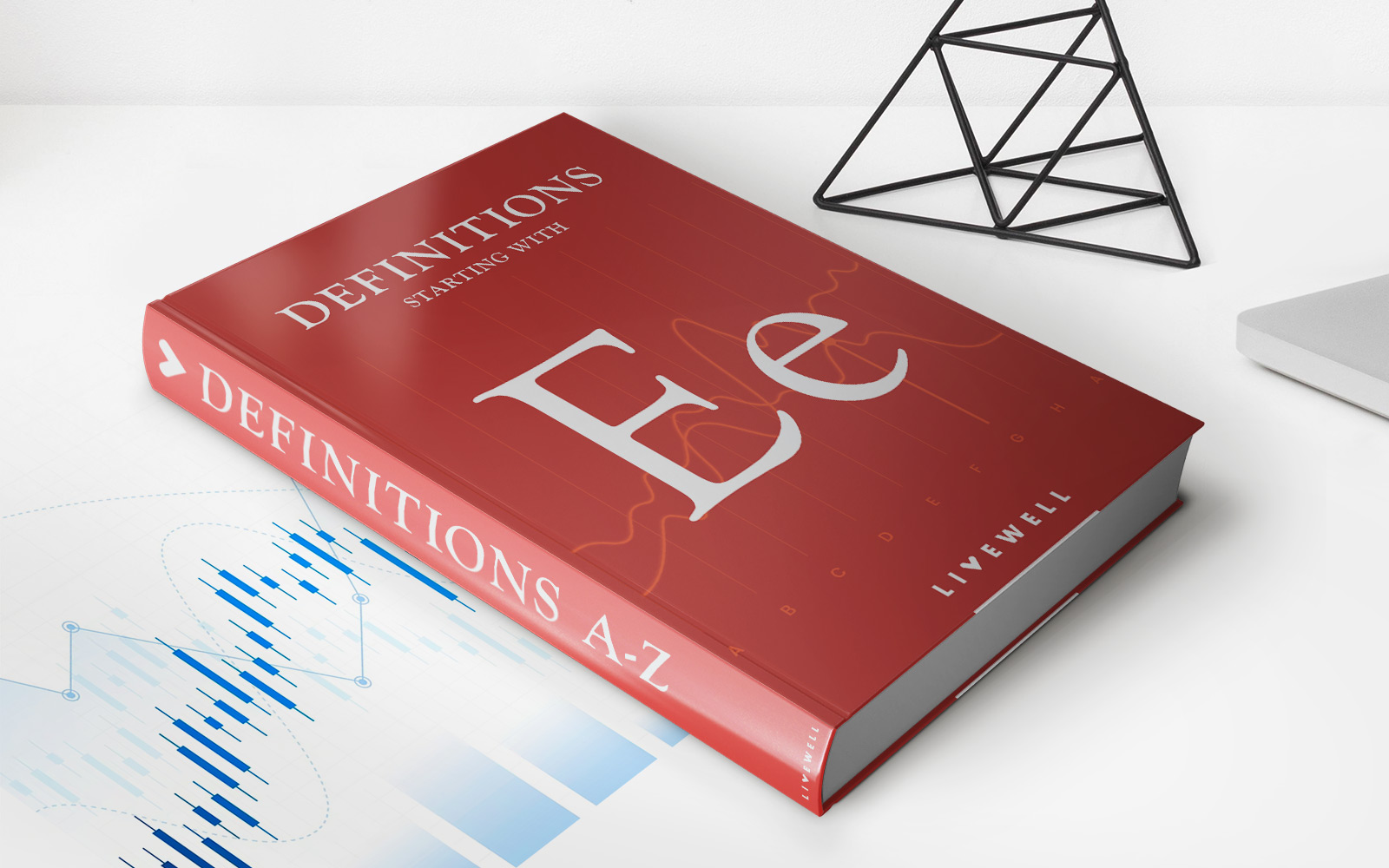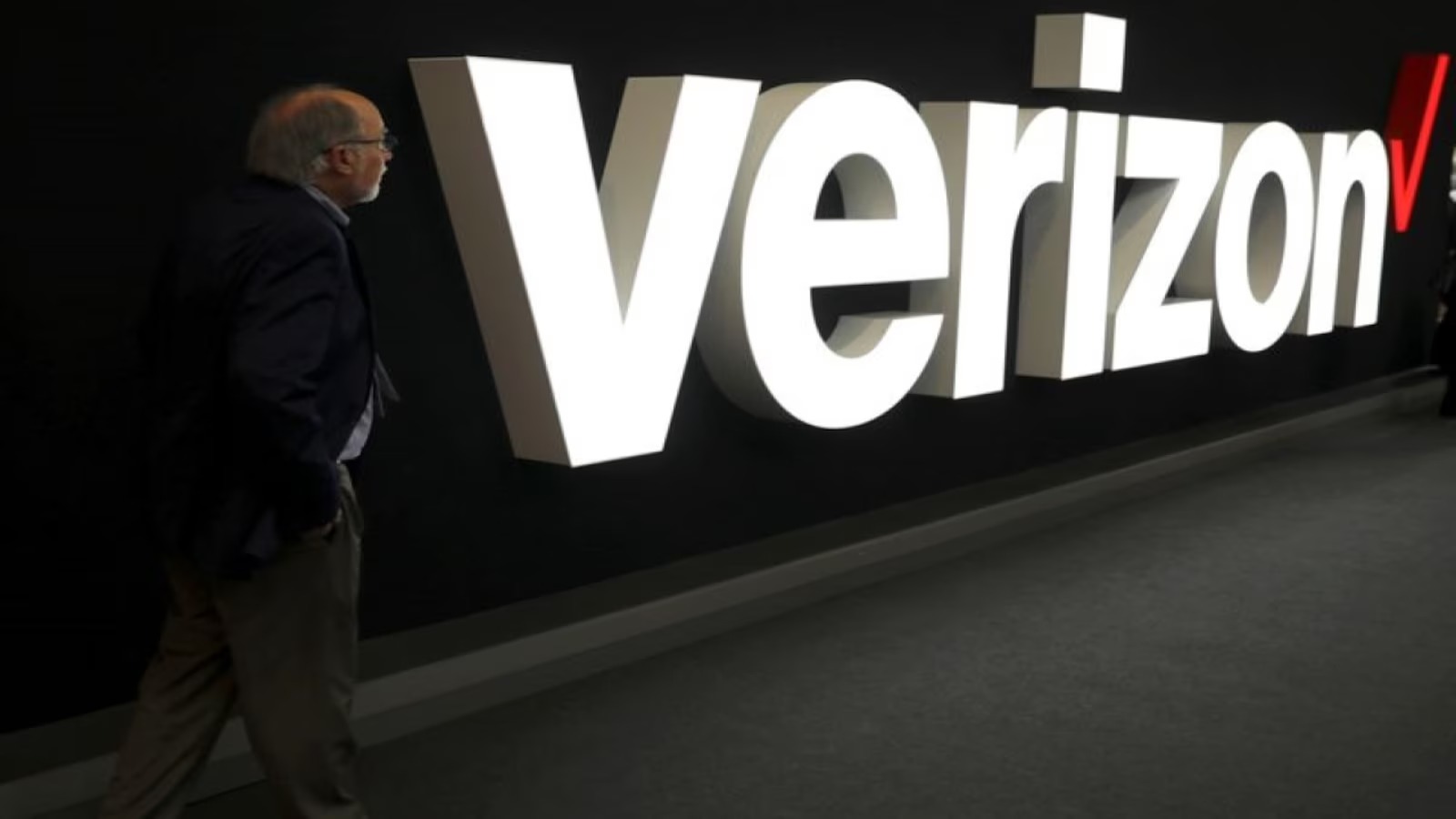

Finance
Why Did Verizon Do A Hard Credit Inquiry
Modified: March 5, 2024
Learn why Verizon may have conducted a hard credit inquiry and how it can impact your finances. Understand the implications and what steps you can take to manage your credit wisely.
(Many of the links in this article redirect to a specific reviewed product. Your purchase of these products through affiliate links helps to generate commission for LiveWell, at no extra cost. Learn more)
Table of Contents
**
Introduction
**
Welcome to the world of credit inquiries, where the decisions of companies like Verizon to conduct hard credit inquiries can have a significant impact on consumers. Understanding the rationale behind such actions and their implications is crucial for anyone navigating the realm of personal finance. This article delves into the intricate landscape of credit inquiries, shedding light on their purpose, the consequences of hard inquiries, and Verizon’s decision-making process regarding this practice.
Credit inquiries, especially hard inquiries, are often a source of confusion and concern for individuals seeking to manage their credit profiles. The prospect of a hard inquiry, in particular, can evoke apprehension and uncertainty. However, by gaining insights into the nature of credit inquiries and the reasons behind them, consumers can make informed decisions and mitigate potential adverse effects on their credit scores.
Verizon’s recent utilization of hard credit inquiries has sparked discussions and raised questions among consumers. By examining the motivations behind this practice, we can gain a deeper understanding of the factors that drive companies to conduct such inquiries and the implications for consumers.
**
Understanding Credit Inquiries
**
Credit inquiries, also known as credit pulls or credit checks, occur when a third party requests to view an individual’s credit report. These inquiries can be categorized as either soft or hard, each serving distinct purposes and carrying varying degrees of impact on an individual’s credit profile.
Soft Credit Inquiries: These inquiries occur when an individual checks their own credit report, or when a company performs a background check not related to a credit application. Importantly, soft inquiries do not affect the individual’s credit score and remain visible only to the individual, not to potential lenders or creditors.
Hard Credit Inquiries: In contrast, hard inquiries are generated when an individual applies for credit, such as a loan, credit card, or mortgage. Lenders and creditors use hard inquiries to assess an individual’s creditworthiness and the associated risk of extending credit. Unlike soft inquiries, hard inquiries are included in the individual’s credit report and may impact their credit score, albeit to a relatively small extent.
Understanding the distinction between these two types of inquiries is crucial, as it empowers individuals to make informed decisions when engaging in credit-related activities. While soft inquiries pose no risk to one’s credit standing, hard inquiries necessitate careful consideration due to their potential impact on credit scores and lending decisions.
Moreover, comprehending the nature of credit inquiries enables consumers to monitor their credit reports effectively, identify unauthorized inquiries, and take necessary steps to rectify any inaccuracies. This proactive approach to credit management can contribute to a healthier credit profile and greater financial stability.
**
The Purpose of Credit Inquiries
**
Credit inquiries serve as essential tools for lenders and creditors to evaluate an individual’s creditworthiness and assess the associated risks when considering a credit application. By scrutinizing an individual’s credit report, which includes their credit history, outstanding debts, payment patterns, and other relevant financial information, lenders can make informed decisions regarding the approval and terms of credit extensions.
For consumers, credit inquiries are a means of accessing credit and financial products, such as credit cards, loans, and mortgages. When individuals apply for credit, lenders typically conduct hard inquiries to gauge the applicant’s financial responsibility and ability to manage additional debt. The outcome of these inquiries influences the terms offered to the applicant, including the interest rate, credit limit, and overall cost of borrowing.
Furthermore, credit inquiries play a pivotal role in risk assessment for lenders, enabling them to mitigate potential losses by evaluating the creditworthiness of applicants. By scrutinizing an individual’s credit report and history, lenders can gauge the likelihood of timely repayment and make informed decisions to safeguard their financial interests.
It is important to note that while credit inquiries are essential for facilitating access to credit, excessive or indiscriminate inquiries can raise concerns among lenders and indicate financial distress or irresponsible borrowing behavior. Consequently, maintaining a balanced approach to credit applications and inquiries is crucial for preserving a favorable credit standing.
Overall, credit inquiries serve as a fundamental mechanism for both consumers and lenders, facilitating access to credit while enabling lenders to make prudent lending decisions based on an individual’s credit history and financial behavior.
**
Verizon’s Decision to Perform a Hard Credit Inquiry
**
Verizon, a prominent telecommunications company, may opt to conduct hard credit inquiries when customers apply for certain services, such as postpaid wireless plans or device financing. The rationale behind Verizon’s decision to perform hard credit inquiries lies in its need to assess the creditworthiness of potential customers before extending services that involve deferred payments or contractual obligations.
By conducting hard credit inquiries, Verizon aims to evaluate the financial responsibility and credit risk of applicants seeking to engage in long-term service agreements or installment-based purchases. This practice aligns with the company’s efforts to manage financial risks associated with providing services that involve upfront costs or ongoing billing arrangements.
Moreover, for customers seeking device financing or other contractual arrangements, Verizon’s utilization of hard credit inquiries serves to establish appropriate terms and conditions based on the applicant’s credit profile. This approach enables the company to tailor its offerings to align with the creditworthiness and financial capabilities of individual customers, thereby fostering responsible and sustainable service engagements.
It is important for consumers to recognize that while hard credit inquiries are a standard practice in industries that extend deferred-payment services, they can impact credit scores and warrant thoughtful consideration before initiating an application. Understanding the circumstances under which companies like Verizon perform hard credit inquiries empowers consumers to make informed decisions and anticipate the potential effects on their credit profiles.
By shedding light on Verizon’s rationale for conducting hard credit inquiries, consumers can gain insights into the company’s commitment to responsible lending practices and risk management. This understanding can guide individuals in navigating credit-related interactions with Verizon and making well-informed choices that align with their financial goals and credit standing.
**
Impact of Hard Credit Inquiries
**
Hard credit inquiries have the potential to affect an individual’s credit score and financial standing, making it essential for consumers to comprehend their implications. When a company like Verizon conducts a hard credit inquiry as part of the application process, it becomes a notable entry on the individual’s credit report and may lead to a temporary decrease in their credit score.
While the impact of a single hard inquiry is typically modest, multiple inquiries within a short timeframe can signal heightened credit risk to potential lenders. Consequently, this may result in a more pronounced impact on the individual’s credit score and raise concerns among creditors regarding their credit-seeking behavior.
It is important to note that the influence of hard inquiries on credit scores diminishes over time, and they are typically factored into credit scoring models for up to 12 months. As such, the initial impact of a hard inquiry is often temporary, and responsible credit management can mitigate any adverse effects over time.
Furthermore, the impact of hard credit inquiries extends beyond credit scores, potentially influencing lending decisions and the terms offered by creditors. A history of numerous recent inquiries may lead lenders to perceive the individual as higher risk, potentially affecting their ability to secure favorable terms for new credit or financing.
Given these considerations, consumers should approach credit applications and inquiries judiciously, especially when engaging in transactions that involve hard inquiries. Understanding the potential impact on credit scores and lending decisions empowers individuals to make informed choices and adopt strategies to mitigate any adverse effects on their credit profiles.
By recognizing the implications of hard credit inquiries, consumers can navigate credit-related interactions with companies like Verizon more effectively, ensuring that their financial decisions align with their long-term credit management goals and overall financial well-being.
**
Alternatives to Hard Credit Inquiries
**
For individuals seeking to minimize the impact on their credit profiles while engaging in credit-related activities, exploring alternatives to hard credit inquiries can offer viable strategies for managing their financial well-being. Companies like Verizon may provide options that enable customers to access services or financing without necessitating a hard credit inquiry, thus preserving their credit scores and minimizing potential adverse effects.
One alternative to hard credit inquiries involves leveraging pre-qualification processes, wherein individuals can assess their eligibility for certain services or financing offers without undergoing a formal credit check. This approach allows consumers to gauge their likelihood of approval and review tailored offers based on preliminary assessments, all without triggering a hard inquiry on their credit reports.
Furthermore, companies like Verizon may offer secured financing options that do not mandate a hard credit inquiry. By providing collateral or a security deposit, individuals can secure financing for devices or services without the need for a traditional credit check. This approach can be particularly beneficial for those aiming to build or rebuild their credit without incurring the potential impact of hard inquiries.
Another alternative involves exploring service plans or financing arrangements that are specifically designed for individuals with limited or no credit history. Companies like Verizon may offer specialized programs that cater to such demographics, providing access to services and financing options tailored to their unique credit circumstances without relying solely on traditional credit inquiries.
By considering these alternatives, consumers can navigate credit-related interactions with companies like Verizon while safeguarding their credit profiles and minimizing the potential impact of hard credit inquiries. Understanding the availability of alternative approaches empowers individuals to make informed decisions that align with their credit management goals and overall financial well-being.
**
Conclusion
**
Understanding the intricacies of credit inquiries, particularly the distinction between soft and hard inquiries, is paramount for individuals navigating the realm of personal finance. The purpose of credit inquiries, including their role in facilitating access to credit and enabling prudent lending decisions, underscores their significance in the financial landscape.
Verizon’s decision to perform hard credit inquiries aligns with its commitment to responsible lending practices and risk management, particularly in the context of providing services that involve deferred payments or contractual engagements. By recognizing the rationale behind such inquiries, consumers can approach credit-related interactions with Verizon with greater insight and awareness of the potential impact on their credit profiles.
The impact of hard credit inquiries on credit scores and lending decisions underscores the need for consumers to approach credit applications judiciously, considering the potential implications and adopting strategies to mitigate adverse effects. Exploring alternatives to hard inquiries, such as pre-qualification processes and secured financing options, empowers individuals to access services and financing while safeguarding their credit profiles.
In conclusion, by comprehending the dynamics of credit inquiries, the rationale behind companies’ decisions to conduct hard inquiries, and the impact of such inquiries, consumers can make informed decisions that align with their long-term credit management goals and overall financial well-being. Navigating credit-related interactions with companies like Verizon becomes a more deliberate and informed process, enabling individuals to preserve their credit standing and make sound financial choices.


